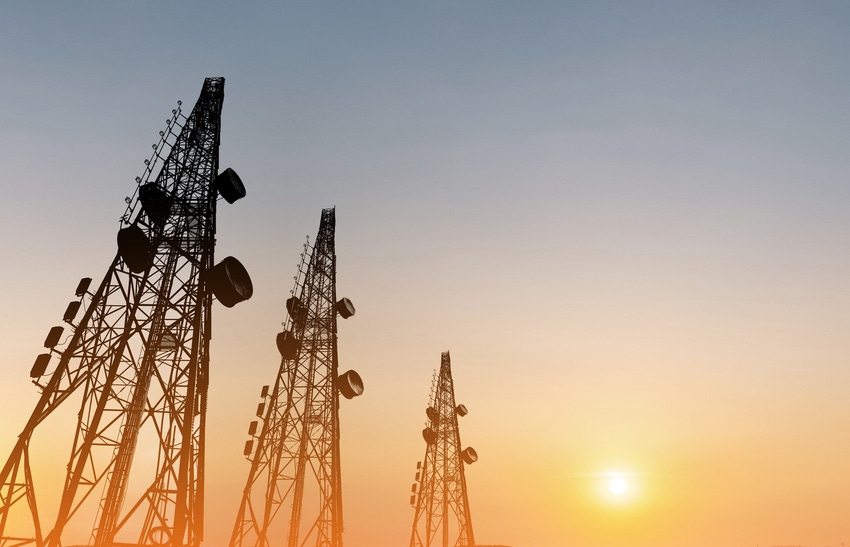Vodafone NZ brings in NZ$1.7 billion from selling its towers
Vodafone New Zealand has agreed a NZ$1.7 billion deal that will see InfraRed Capital Partners and Northleaf Capital Partners take control of 80% of its mobile towers assets.
July 18, 2022

Vodafone New Zealand has agreed a NZ$1.7 billion deal that will see InfraRed Capital Partners and Northleaf Capital Partners take control of 80% of its mobile towers assets.
That’s a pretty big deal for the assets in question, which amount to 1,484 wholly owned mobile towers. To put it in context, the purchase price represents an earnings multiple of 33.8x, based on pro forma FY2023 EBITDA.
That’s a bigger multiple than we have seen in Europe of late, where the big guns have mostly brokered deals at just under 30x; Deutsche Telekom’s towers sale, announced late last week, came in at 27x, for example. But interestingly, it exactly mirrors the figure shared by Spark New Zealand, which sold 70% of its towers business for NZ$900 million to the Ontario Teachers’ Pension Plan Board just under a week ago.
Clearly, for fans of passive infrastructure action – and aren’t we all? – New Zealand is the place to be right now.
The Vodafone deal will see InfraRed Capital Partners and Northleaf Capital Partners, via the funds managed or advised by them, each take a 40% stake in the passive infrastructure business, which is currently being dubbed TowerCo. Infratil, which is already a Vodafone New Zealand shareholder, will reinvest in the unit to retain a 20% TowerCo stake.
And Vodafone New Zealand will pocket a wedge of cash that will enable it to invest in its network, presumably including the costly roll out of 5G infrastructure. Or at least that’s what its canned statement suggests.
“It will allow Vodafone to focus on its core strategic objectives, accelerating the roll out of active network technology,” the operator said. OK, it doesn’t actually mention paying for active kit, but surely it is implied.
The telco also noted that restructuring and hiving off the towers business will help it to capture the growth opportunity in New Zealand – essentially, the new owners can focus on boosting tenancy ratios – and facilitate better capital efficiency. It’s what we’ve seen from the myriad towers deals that went before, and continues to be just as valid in the case of the New Zealand market.
Infratil, meanwhile, which owns 49.95% of Vodafone NZ, having teamed up with Canada’s Brookfield Asset Management to buy the operator from its namesake former parent three years ago, described the deal as a win-win.
“We are delighted with this outcome, which highlights again why Vodafone is an excellent Infratil investment,” said Infratil Chief Executive Jason Boyes. “We have unlocked a significant portion of the value of our original equity invested in Vodafone, whilst retaining that investment and a 20% stake in TowerCo.”
Indeed, Infratil notes that it paid NZ$1.03 billion for its Vodafone stake in 2019. On completion of the towers transaction, it will have generated a 26.7% IRR (or internal rate of return) on its investment in the telco, it says. You don’t have to be a financial expert to know that that’s a decent return. No wonder Infratil is keen to shout about it.
And it helps to demonstrate why investor appetite for infrastructure assets is still as keen as ever.
Get the latest news straight to your inbox. Register for the Telecoms.com newsletter here.
About the Author(s)
You May Also Like








.png?width=300&auto=webp&quality=80&disable=upscale)


_1.jpg?width=300&auto=webp&quality=80&disable=upscale)


.png?width=800&auto=webp&quality=80&disable=upscale)